

Being that JRPGs are my favourite genre of game, I’d be remiss to not yearn for the nostalgic comfort of the humble town location, particularly in the day-to-day malaise of working culture. The town location is the practical and emotional sense of rest and relief in what are typically long, arduous journeys with your party. Personal favourite towns include the flower-filled Winhill (Final Fantasy VIII), the enduring Ryube Village (Suikoden II), and the thematically-relevant Pelican Town (Stardew Valley). Many of these town locations are so emotionally weighty, sometimes just the muted MIDI guitar plucks opening Chrono Cross’ “Guldove (Another World)” theme can bring me to tears. I’ve been recently re-playing Final Fantasy VIII and found some unexpected philosophical viewpoints in the Shumi Village, a town whose renown is overshadowed by larger, bustling locales like Balamb Garden or Deling City. Nevertheless, it seems age has helped context FFVIII’s philosophies, and in turn closely resemble my own views and attitude.
Somebody on the Final Fantasy VIII writing team must have read up on Friedrich Nietzsche’s eternal recurrence and his exacting views on amor fati (Latin: love of one’s fate). In short, Nietzsche believed that human beings must learn to love and accept their all occurrences, circumstances and destinies; plainly, it’s a positive spin on stoicism. I wouldn’t have guessed I’d encounter a compelling philosophy in a late 90’s videogame, in a pleasant, verdant village of gentle Hutt-like humanoids.

The Shumi themselves are curious creatures. Dressed in striking monk robes, with droopy features, elongated arms and hands, they’re a gentle, benevolent race. Valuing a relaxed lifestyle, handiwork and ingenuity, the Shumi refer to each other as their vocation, a subtle way of placing their professions on a pedestal. As I journey through the Final Fantasy VIII main story, I encounter the bellowing and belligerent NORG, a Shumi investor for Balamb Garden, seemingly a perverse, hulking mutation of the Shumi form. The Shumi lifecycle includes evolution into a Moomba (a mewling lion/cat-like bipedal beast) or an Elder (a taller, slimmer Shumi that governs the village), but it is not unavoidable. Some of the Shumi I encountered in the village expressed needing to do more, experience more, see more, before they evolved. It is not quite death as it is a restart.
The Elder of the Shumi Village believes his Attendant, already showing huge heart as a potential Shumi leader, will eventually evolve into an Elder – it shows in Attendant’s being. Convinced of this fact, Elder orders Attendant to help the rest of the villagers build a statue of one of their most influential village visitors. Laguna Loire, a fool equipped with a heart of gold, barged in upon the village 17 years prior. Attendant initially believed him to be a machine-gun wielding bandit, but instead was captured by Laguna’s palpable wanderlust and curiosity. Like Laguna, Attendant wants to explore the world, see new sights; a seed of wanderlust was inadvertently planted.
Unfortunately, Attendant is one of those that initially resent their evolutionary requirement – why can’t he travel the world too, see new sights, experience new tastes and smells? Why must he stay in the beautiful but compact world of the Shumi, wrapped lovingly in a simple, humble existence? Why was he asked to help build the Laguna statue? And why did the Elder make it so that after its construction, Attendant’s heart would be set on eventually inheriting the Elder duties?
In a conversation during Laguna’s final visit to the Shumi Village, Attendant express his longing for freedom, being able to move outside of the community, jealous of Laguna’s explits. But, Laguna poses what seems to be a straight-forward, but arguably one of the most philosophical questions in-game.

For the entirety of my adult life, I’d felt similarly to Attendant. I’d long for the dynamism of worlds that seemed unreachable or fantastical in my little bubble – cultured metropolitan cities, corporate level workplaces, luxury lifestyles. But unlike Attendant, I was able to learn these lessons without Shumi guardrails; luckily, I do not live in a videogame. I’m still privy to the JRPG town location’s life lessons. There are connections placed in my life directly threading me into larger goals and communities that glorify humanitarian efforts, and instead seeing the situation as an inevitability, I should see it instead as a prelude to a relaxed fantasy.





Additional reading:
“A commentary on Yoshitaka Amano and fashion” for Windhill Journal
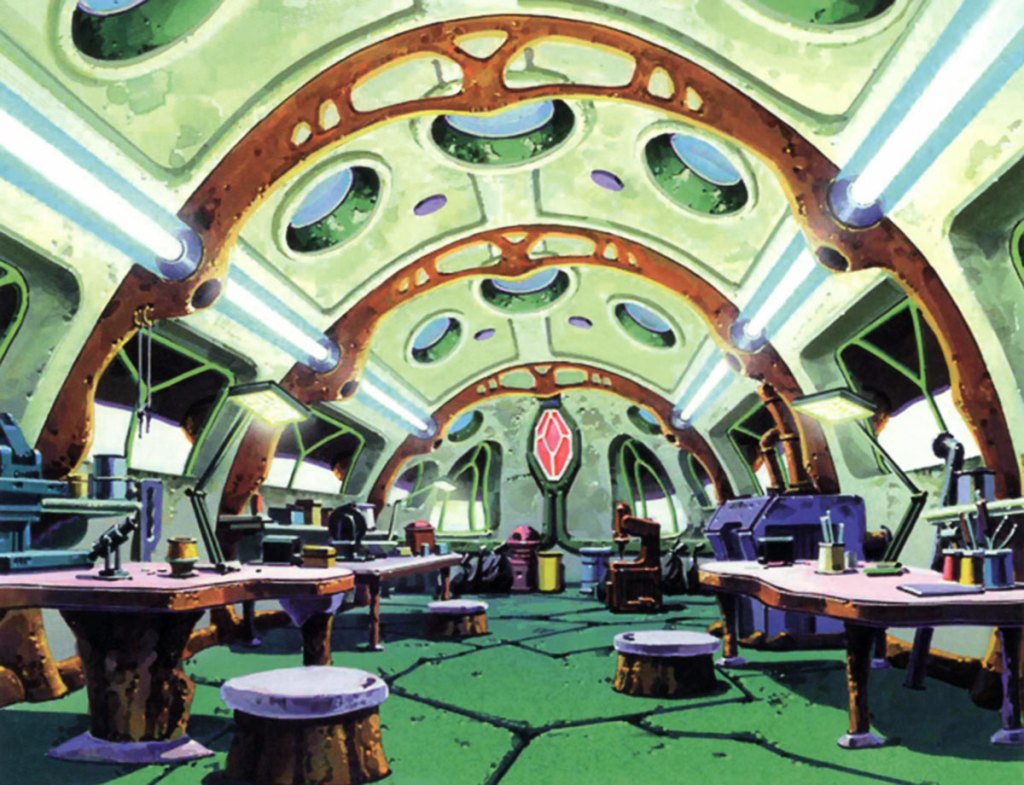
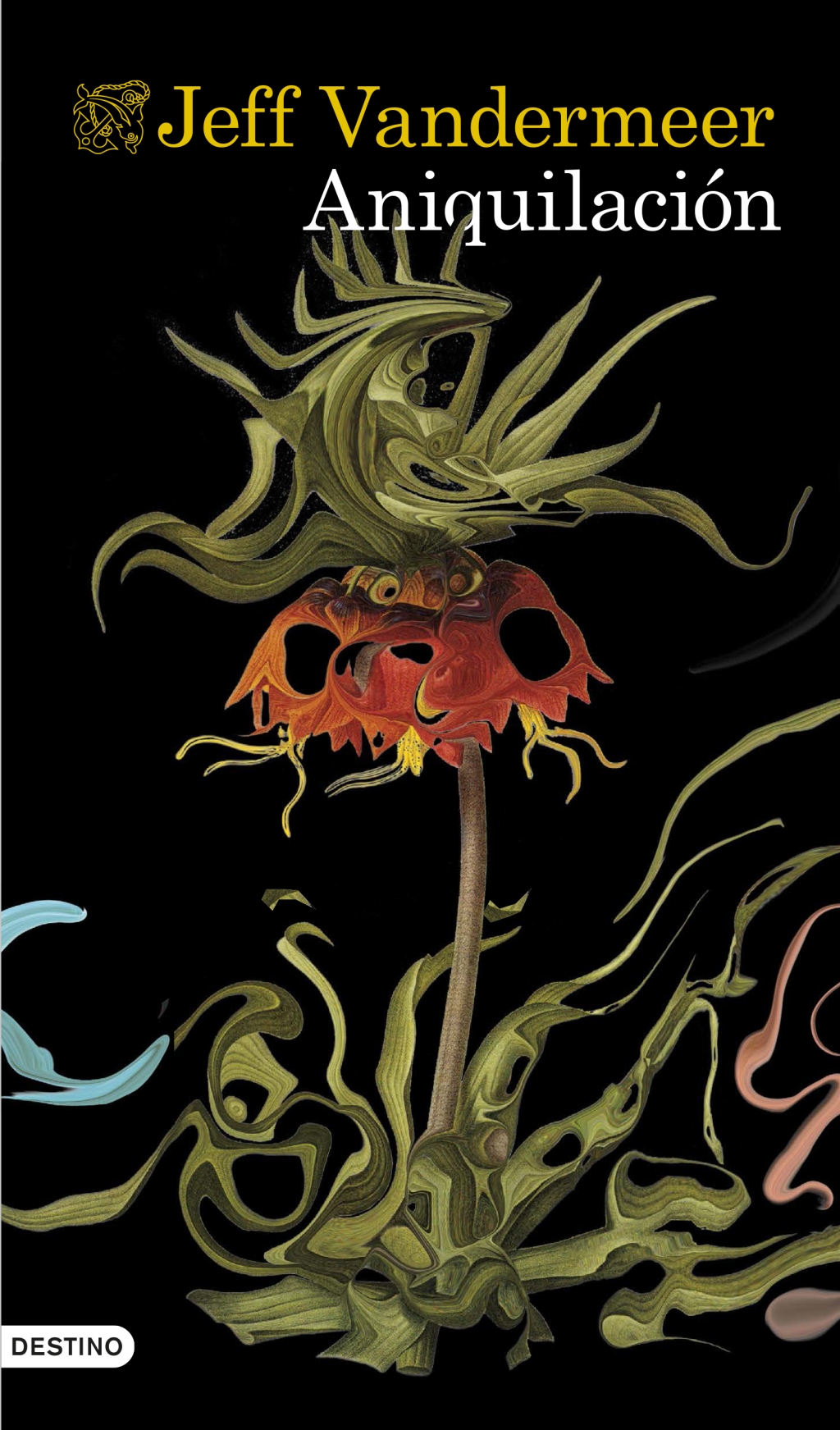
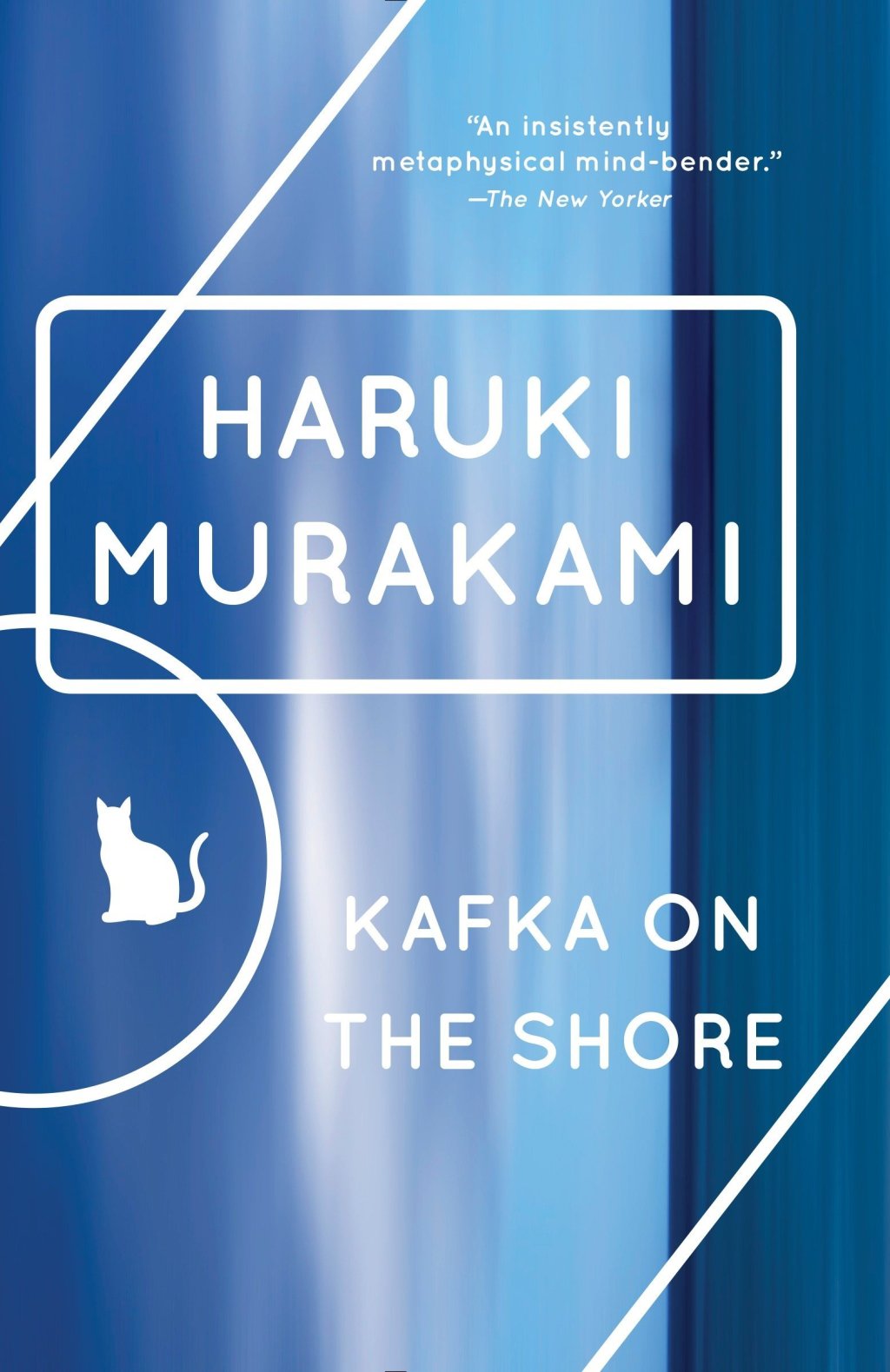
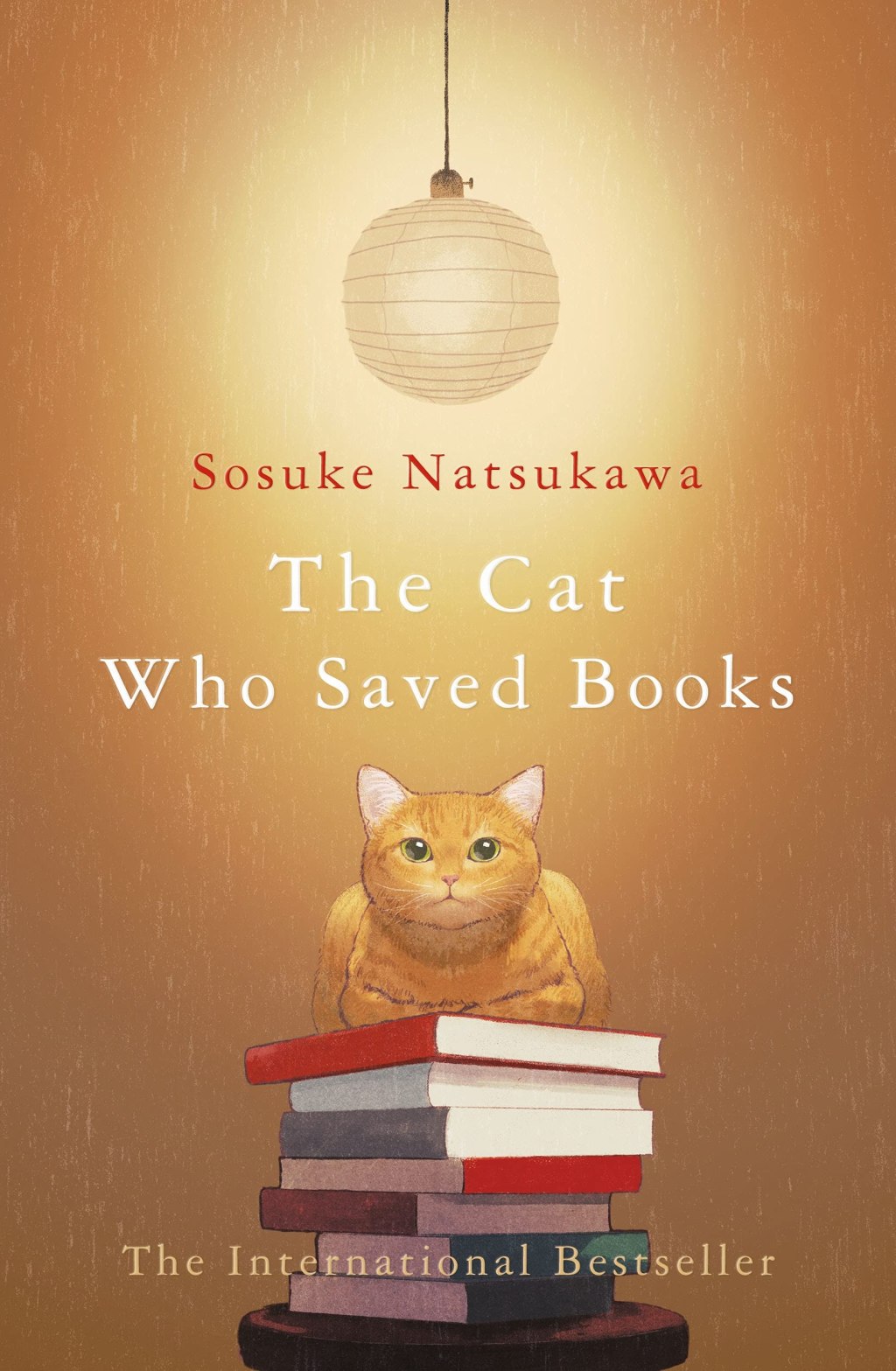
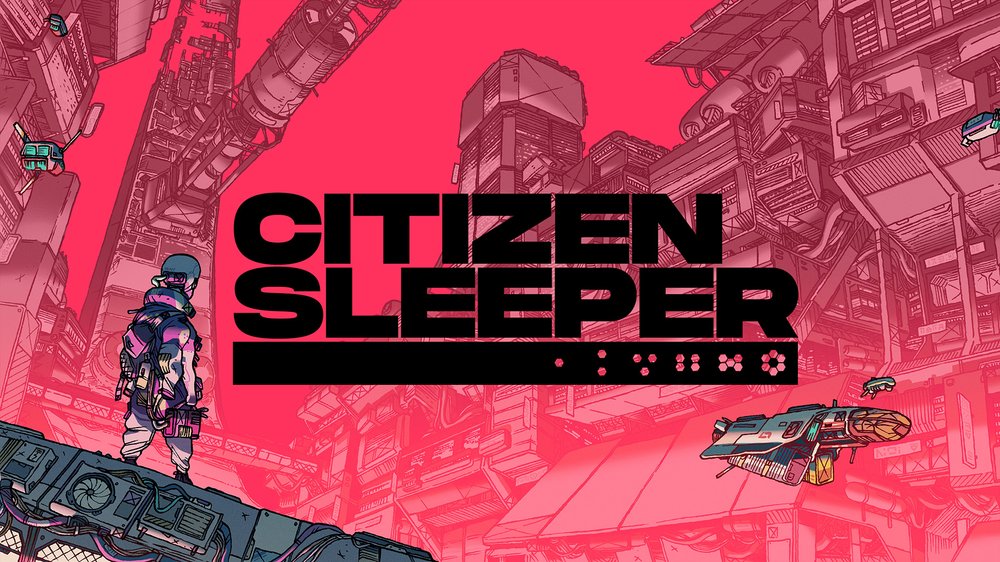
Leave a comment